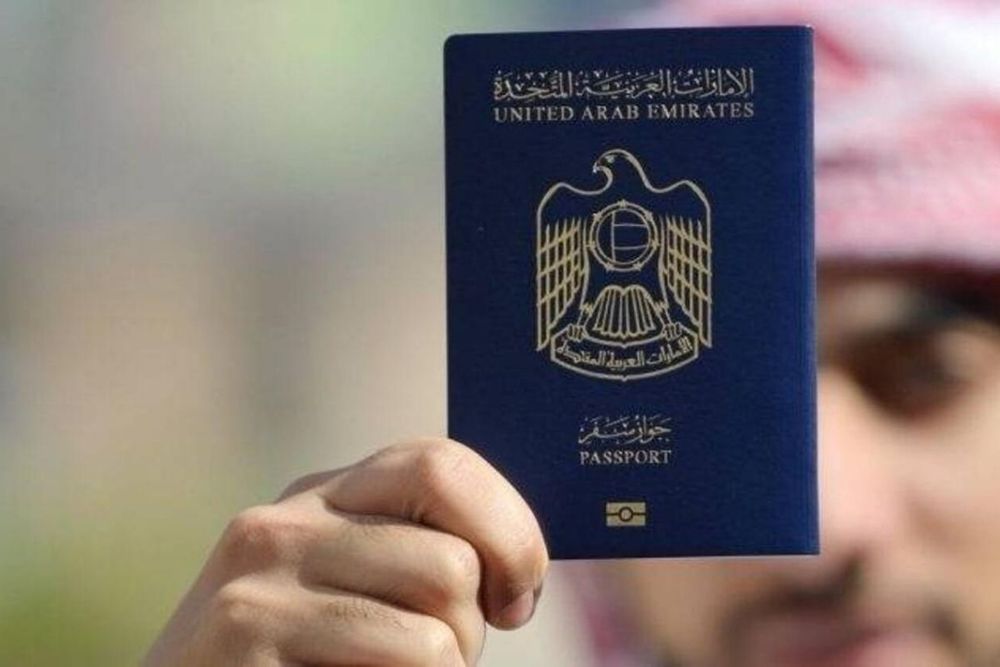The UAE has advanced yet another position in the Henley Passport Index, achieving the highest spot yet for an Arab nation. Ranked at 15, the country has a visa-free/visa-on-arrival score of 175.
The Henley index said,
“The UAE continues its remarkable upward trajectory on the Henley Passport Index, having recently reinstated in practical terms its landmark US-brokered agreement with Israel, suspended throughout most of the pandemic.”
The country was ranked 16th last year, with a visa-free/visa-on-arrival score of 173. In 2020, the UAE was ranked 18th.
The index ranks all the world’s passports according to the number of destinations their holders can access without a prior visa.
Finding a spot in the top 15 countries on the list is a stellar achievement, considering it was ranked 62nd - with a visa-free/visa-on-arrival score of just 35 – at the inception of the Henley Passport Index in 2016.
The UAE is ranked ahead of destinations like Chile, Bulgaria, Brazil and Israel.
The index ranks passports based on “exclusive data from the International Air Transport Authority (IATA)”. It includes 199 passports and 227 travel destinations.
Japan and Singapore lead the index. Passport holders of the two Asian nations can now enter 192 destinations around the world visa-free – 166 more than Afghanistan, which sits at the bottom of the index.
The index said in its analysis:
“An individual could, on average, visit 57 countries in 2006 without needing to acquire a visa in advance. Today, that number has risen to 107, but this overall increase masks a growing disparity between countries in the global north and those in the global south, with nationals from countries such as Sweden and the US able to visit more than 180 destinations visa-free, while passport holders from Angola, Cameroon, and Laos are able to enter only about 50,”
A report by the index quoted an expert as saying that an individual’s health and vaccination status are as influential on mobility as their passport’s visa-free access.
Dr Andreas Brauchlin, an internationally renowned cardiology and internal medicine specialist and member of the SIP Medical Family Office Advisory Board in Switzerland, said:
“An individual’s nationality and residence status continue to dictate access to nationally approved vaccines, while the lack of a globally recognised vaccine passport restricts mobility. Being a resident in the ‘wrong’ nation might heavily impact access to business, health, and medical services, and make it impossible for some to travel.”
Nick Careen, IATA’s senior vice-president for Operations, Safety and Security, said:
“Before traffic ramps up again, we have a window of opportunity to deliver long-term efficiency improvements for passengers, airlines, airports, and governments. Our recent survey found that 73 per cent of passengers are willing to share their biometric data to improve airport processes (up from 46 per cent in 2019), and 88 per cent will share immigration information prior to departure for expedited processing.”
News Source: Khaleej Times









